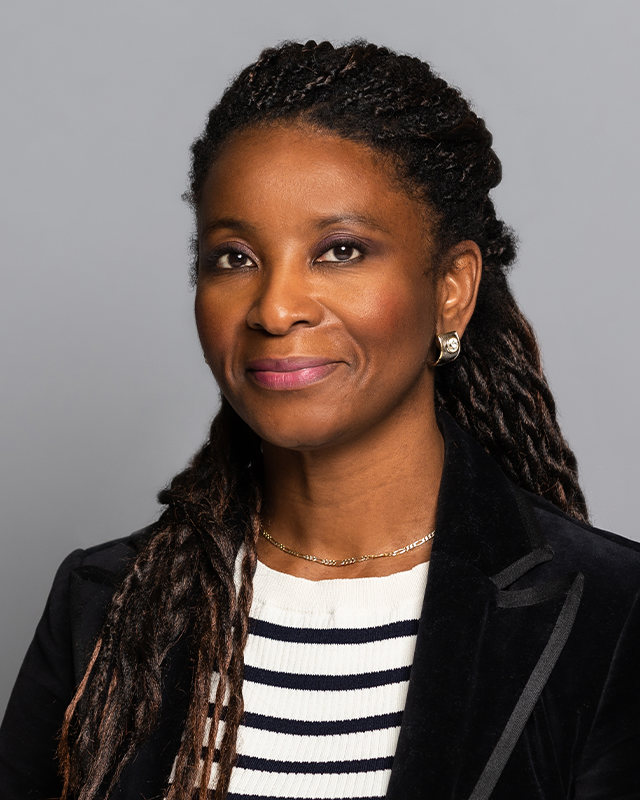- Future Students
- Current Students
- Programs
- Programs of Study
- Undergraduate Studies
- Bachelor of General Studies
- Bachelor of Education as a Second Degree
- Minors
- Counselling and Human Development Minor
- Curriculum and Instruction Minor
- Early Learning Minor
- Educational Psychology Minor
- Learning and Developmental Disabilities Minor
- Social Justice in Education Minor
- Elementary Generalist Minor
- Environmental Education Minor
- French Education Minor
- Physical and Health Education Minor
- Secondary Mathematics Education Minor
- Secondary Teaching Minor
- Certificates
- Courses
- Teacher Education
- Professional Diplomas
- Graduate Studies
- Masters Programs
- MA, MEd in Arts Education
- MA, MEd in Counselling Psychology
- MEd in Curriculum & Instruction: Children’s and Young Adult Literature
- MEd in Curriculum & Instruction: Contemplative Inquiry & Approaches in Education
- MEd in Curriculum & Instruction: Ecological Education
- MA, MEd in Curriculum & Instruction: Educational Theory and Practice
- M.Éd. dans Curriculum & Instruction: Enseigner et apprendre en français: plurilinguismes, francophonies et éducation
- MA, MEd in Curriculum & Instruction: Equity Studies in Education
- MEd in Curriculum & Instruction: Imagination in Teaching, Schooling and Place
- MEd in Curriculum & Instruction: Innovations in Mathematics Education
- MA, MEd dans Curriculum & Instruction: l'éducation en français en contextes de diversité (campus de SFU)
- MEd in Curriculum & Instruction: Place- and Nature-Based Experiential Learning
- MEd in Curriculum & Instruction: Post-Secondary (VCC)
- MEd in Curriculum & Instruction: Science Education and Communication
- MEd in Educational Leadership: Post-Secondary (Surrey)
- MEd in Educational Leadership: Imaginative K-12 Leadership (Surrey)
- MEd in Educational Practice
- MEd in Educational Practice: Indigenous Pedagogy and Indigenous Inquiry
- MEd in Educational Practice: Practitioner Inquiry
- MA, MEd in Educational Psychology
- MEd in Teaching Languages in Global Contexts
- MA, MEd in Educational Technology & Learning Design
- MSc, MEd in Secondary Mathematics Education
- MA, MEd in Teaching English as an Additional Language
- Doctoral Programs
- EdD in Educational Leadership: Leading for Educational Change in the Yukon
- PhD in Arts Education
- PhD in Educational Psychology
- PhD in Educational Technology & Learning Design
- PhD in Educational Theory and Practice: Curriculum and Pedagogy Stream
- PhD in Educational Theory and Practice: Philosophy of Education Stream
- PhD in Languages, Cultures and Literacies
- PhD en langues, cultures et littératies (en français)
- PhD in Mathematics Education
- Areas of Study
- Program Comparision
- Masters Programs
- Programs in French
- Faculty & Research
- Indigeneity
- Community
- About
- News & Events
- Support Us
- Instructor & Staff Resources
- Work With Us
- Contact
Dr. Magally Constant’s research activities are in the area of language and cultural teaching/learning. She is particularly interested in the appropriation of the second language in contexts marked by colonization. His work has focused on how the positioning of the locutors can influence their appropriation and how historical or cultural superstructures inherited from colonization continue to arbitrate the relationship between the second language considered as a colonial language and the first language considered or experienced as the language of identity.
Initially working in a Creole-speaking context where the language of identity is mostly oral, Dr. Constant was led to consider the problem of literacy in connection with the works on the anthropology of writing, in teaching/learning French as a second language in a plurilingual environment, the preservation of cultural identity and the issue of cultural appropriation. Today, she addresses the issue of indigenization and/or decolonization of education through the Haitian context. She proposes a critical rereading of the sociolinguistic and socio-anthropological situation in Haitian by asking the question of what an adequacy of the Haitian school with the socio-cultural reality in which it evolves could be. To perform this rereading, she refers to the perspectives of Roger Bastide (1970) and Edouard Glissant (2009). Roger Bastide for his dialectical approach between social and cultural, and more specifically to this characteristic specific to post-colonial black societies to adapt culturally according to the socio-political issues they face. Edouard Glissant for his philosophy of relationship and his conception of Creole identity as rhizome and not root.
She is interested in making connections with those main research interests with the writings on posthumanism.
Teaching
Courses
Spring 2025
Future courses may be subject to change.


